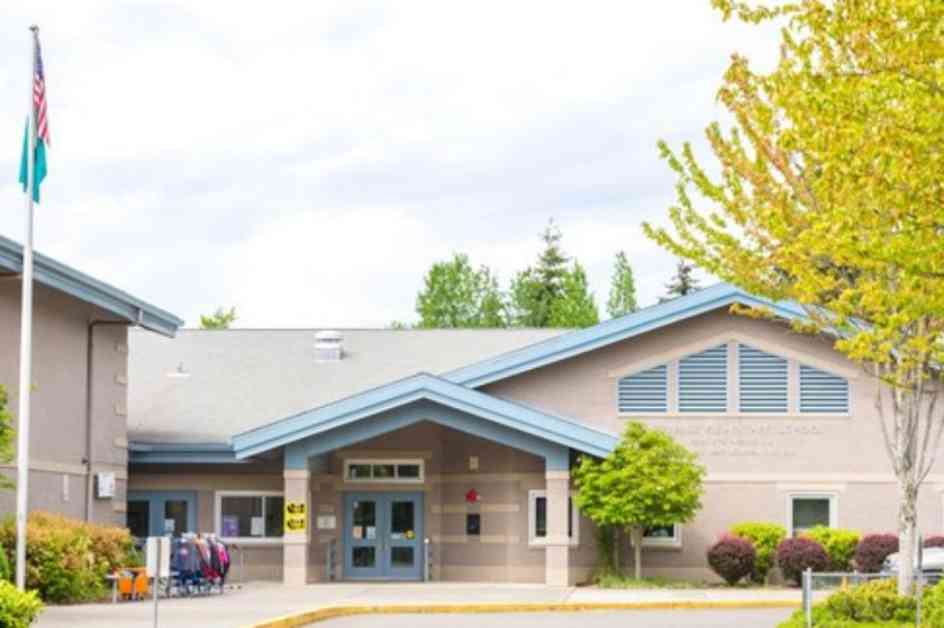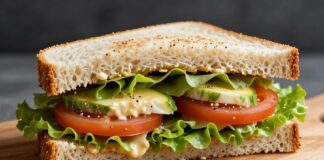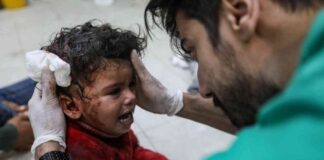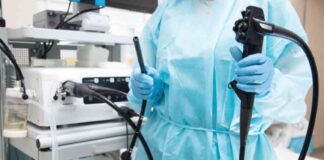Enterprise Elementary School in Federal Way, Washington, was recently awarded a grant of $2,414 from the American Heart Association’s school programs, Kids Heart Challenge™ and American Heart Challenge™. This grant aims to enhance the school’s inclusive physical education program by providing equipment for multicultural games during PE classes. The annual grant program supports schools in expanding their wellness initiatives and creating a more welcoming environment for all students while promoting physical activity and overall well-being.
Annie Leendertsen, a physical education teacher at Enterprise Elementary, expressed gratitude for the grant, stating, “My goal is to expose my students to various games from different cultures. Last school year, we introduced Gaga Ball, a game that originated in Israel. By incorporating this activity, we expanded the scope of our curriculum. We were able to learn about where Israel is located, the history of the game, and the country’s culture. I created an improvised Gaga Pit using folding banquet tables to try out this game. It was challenging as the tables were unstable and kept moving. We would benefit greatly from having a proper Gaga Pit, and these funds will make it possible.”
Schools across the country that participated in the Kids Heart Challenge or American Heart Challenge during the 2023-2024 school year were eligible to apply for grants to enhance their health and physical education programs. Seventy-seven schools were awarded grants, which will be used for various projects including the addition of physical activity equipment, installation of water filling stations, and improving educator training opportunities. The grant initiative provides funding twice a year, halfway through the school year and at the end of the year. The deadline for the next grant application is December 15, 2024.
Whitney Meidl, the executive director of Puget Sound for the American Heart Association, emphasized the organization’s commitment to youth through their school programs, stating, “As we move towards our second century of life-saving work, the American Heart Association remains deeply committed to young people through our school programs. These programs are essential as they provide youth with the knowledge and habits necessary for a healthy heart. Our future is about improving theirs, and by investing in the health of our youth today, we are building a healthier future for all.”
The Kids Heart Challenge and American Heart Challenge programs are based on proven scientific data showing that children who are regularly active are more likely to have a healthy adult life. With over 10 million students in 20,000 schools participating each year, these service-learning programs provide students with the opportunity to feel good while doing good. Participants learn valuable skills such as making smart food choices, the importance of avoiding vaping/tobacco, and how to save lives using hands-only CPR. Educators also receive support with lesson plans and resources to support their physical and mental well-being.
In addition to learning about heart health, students and participating families have the opportunity to contribute to the community by fundraising for the American Heart Association. The funds raised help promote cardiovascular research and outreach programs, paving the way for better health outcomes and healthier communities.
Schools interested in applying for grant opportunities are encouraged to register now to participate in the Kids Heart Challenge or American Heart Challenge for the 2024-2025 school year. For more information, visit heart.org/getstarted.
###
About the American Heart Association
The American Heart Association is dedicated to extending the life and health of all individuals. They are committed to ensuring health equity in all communities by funding innovative research, advocating for public health, and sharing resources to save lives. As they celebrate their centenary in 2024, they are preparing for the next century of discovery and impact, aiming to promote health and hope worldwide.
For media inquiries:
Valerie Koch, Valerie.koch@heart.org
Francesca Minas, Francesca.minas@heart.org
For public inquiries: 1-800-AHA-USA1 (242-8721)
heart.org and stroke.org


















